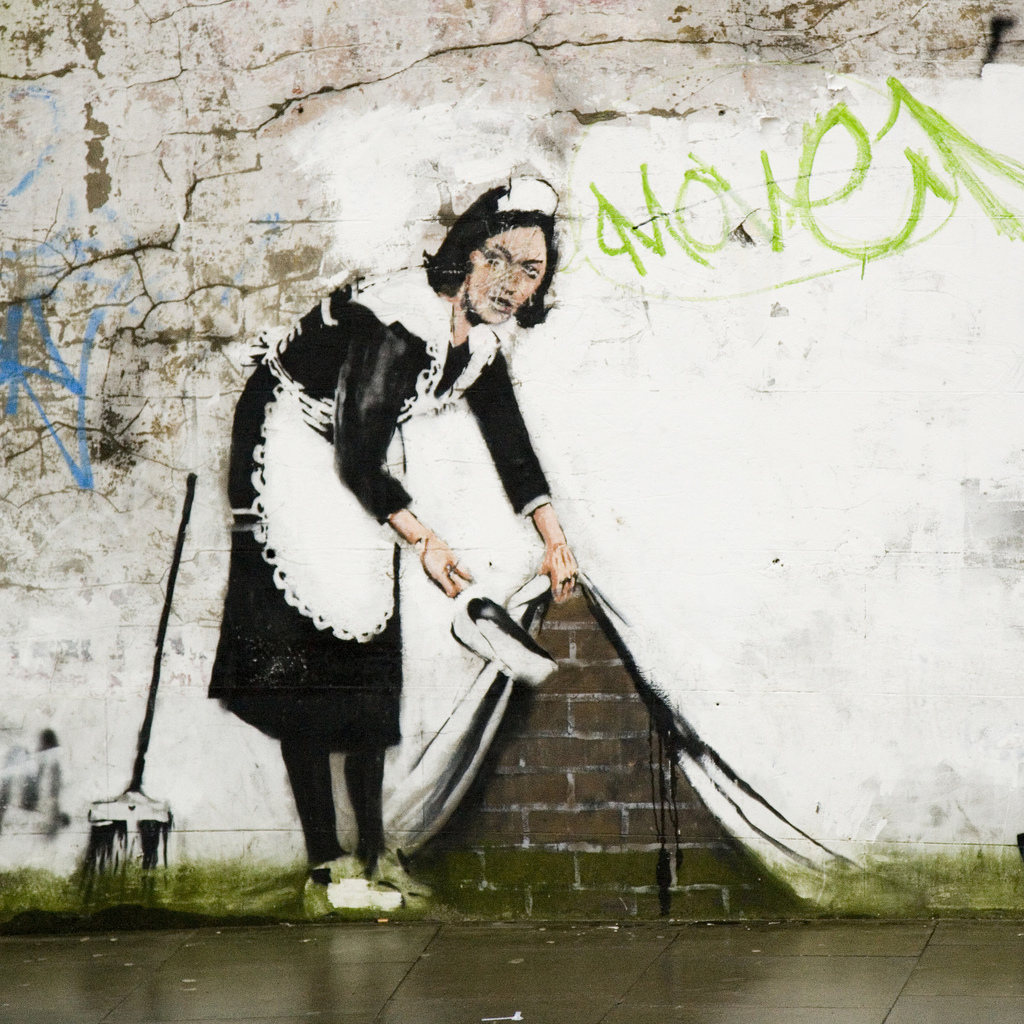Vacation.
For those of us fortunate enough to enjoy time away from our daily routines and work, vacation is often a time to visit some place with a beautiful view. Whether it’s in a location where emerald waters meet pristine white sand or lush evergreens hang against the backdrop of an infinite blue sky, such places offer us a chance to renew our energy and reflect on our purpose here on the planet we share.
Far too many of us waste ourselves in the pursuit of things that slowly rob us of our health and joy. We grind away at life, becoming human doings rather than human beings. We find ourselves desperate to get away from the stress and noisy lives we’ve chosen.
From time to time, we find ourselves thinking: There must be more than this. And while I’m still on the journey, I can testify that there is.
Several years ago, I came across this pithy saying: Build a life from which you don’t need a vacation.
Wait, what?
I was several years into my meditation and mindfulness journey, and I could see some changes that resulted from my practice, but it still seemed like a stretch to live this way. I’m a recovering Type A personality. I was an achievement junkie: a list maker, a goal setter and a let’s make the best use of our time kind of guy. Often, I was miserable.
Building a life from which I didn’t need a vacation seemed like a lofty aspiration, but looking back, I can tell I’ve made progress. The view from where I sit today is much better.
Yesterday, a friend texted me a picture from a Caribbean island where we would probably all love to visit. The view was inspiring: an emerald sea below with a few down-soft clouds hanging on the horizon above. I could almost smell the salt air and hear the sounds of steel drums drifting on the breeze. There was a time this photo would have stirred up an unhealthy longing in me. It would have fostered dreams of escape and reminded me of my painful strategy for living.
Now don’t misunderstand me, I still want to go see this place. I don’t have a bucket list, but if I did, this place would definitely be on it. I still love time away in the mountains or on the coast, but I don’t need it. Not the way I used too. I don’t have the desperate longing to get away from it all and to have the next experience anymore, because the view from where I am is pretty remarkable, most of the time. My circumstances aren’t dramatically different, but my perspective is.
My view comes more from inside myself than it once did.
In my meditation practice, I’ve invested time to let go of the Type-A things that actually had a hold of me. By examining my anxiety, frustration, and sometimes, my anger, I’ve begun to find the source of these emotions rather than just deal with the symptoms. I’m not suggesting that I never get anxious, frustrated or angry anymore. It’s just that my practice has reduced the frequency and the volume of these emotions. I’m enjoying the fruits of finding a right view of myself, my circumstances and others. I’m not writing as many long stories that end in judgment, worry, or fear.
In the end, the aspiration of my life is to stay on the middle path, where I’m not so attached to things, experiences, and outcomes. I haven’t become an ascetic. I still enjoy trips to the mountains or the beach. Actually, I enjoy them more because I no longer have to burden myself with the expectation that these few days away from work will restore me until the next time. Every day, in mediation and by being mindful, I have the chance to change my view and renew myself.
Here are a few useful suggestions:
First, I try to remember that unexpected things happen. Being mindful of this prevents me from overreaction. This allows me to respond more skillfully. Responding rather than reacting prevents, or at least reduces, my stress and anxiety.
Second, I try to examine the cause of the unexpected circumstance or behaviors I’m facing. Sometimes, I’m actually the cause. Imagine that. Me? When I realize that I’m the cause, it helps me avoid repeating the same mistakes and thereby the number of times I need to deal with the stress and anxiety of such situations or behaviors.
Third, I try to examine the emotions that arise from something unexpected. When I do this, I realize that I often focus on the worst-case scenario. At these times, I remind myself that I can’t recall a single time when the worst-case scenario I’ve imagined, ever came to pass. Phew!
Finally, when I’ve worked through the first three steps, I deliberately let go of my expectations, my attachment to outcomes, and all of the unhealthy emotions that come with them. This isn’t a magic formula for enlightenment or for making it through life in some perpetual state of bliss—far from it. Oftentimes, I have to let go of things repeatedly, but it’s far better than the alternative.
Another mindful thing I do when dealing with the unexpected, is remind myself it’s okay to respond imperfectly. This is not an excuse for behavior that’s harmful to others. Accepting our imperfections allows us to let go of judging others too.
~
Author: Jim Owens
Image: Flickr/Dan Brady
Editor: Ashleigh Hitchcock


 Share on bsky
Share on bsky





Read 0 comments and reply